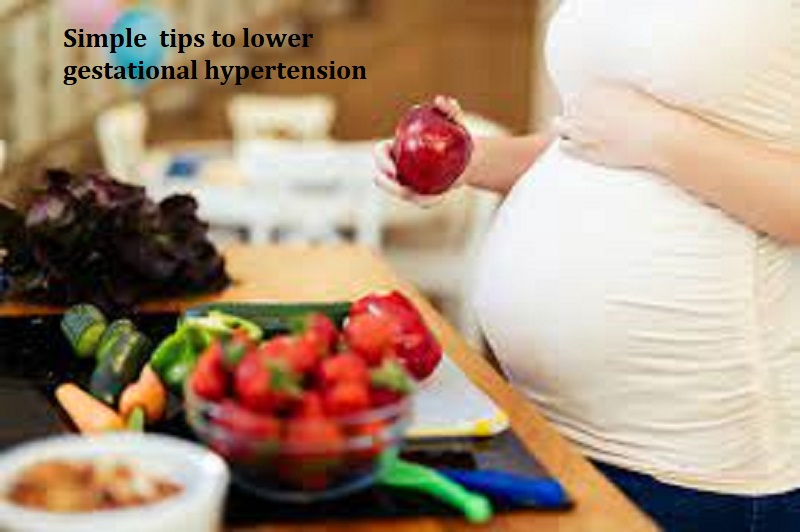
Gestational hypertension is a form of high blood pressure in pregnancy. It occurs in about 6 percent of all pregnancies. Another type of high blood pressure is chronic hypertension–high blood pressure that is present before pregnancy begins.
Gestational hypertension can develop into preeclampsia. This condition occurs often in young women with a first pregnancy. It is more common in twin pregnancies, in women over the age of 35.
Gestational hypertension is diagnosed when blood pressure readings are higher than 140/90 mm Hg in a woman who had normal blood pressure prior to 20 weeks and has no proteinuria (excess protein in the urine).
Preeclampsia is diagnosed when a woman with gestational hypertension also has increased protein in her urine.
Also Read: Foods to eat for managing PCOS
The cause of gestational hypertension is unknown. Some conditions may increase the risk of developing the condition, including the following:
Pre-existing hypertension (high blood pressure)
Kidney disease
Diabetes
Hypertension with a previous pregnancy
Mother’s age younger than 20 or older than 40
Multiple fetuses (twins, triplets)
African-American race
Tips to help you manage gestational hypertension:
1. Regular prenatal care: Always follow your doctor’s advice for managing gestational hypertension.
2. Healthy diet: Follow a balanced diet that is low in salt, as it may help reduce blood pressure. Include plenty of fruits, vegetables, whole grains, and lean proteins. Avoid fried, high-sugar, and ultra-processed foods as they can all negatively affect your health.
3. Regular exercise: Engage in safe and moderate exercise, such as walking or swimming, as it can help manage blood pressure levels.
4. Rest and relaxation: Make sure to get enough rest and avoid excessive physical or emotional stress, as it may worsen hypertension. Trying yoga can help reduce stress and promote relaxation.
5. Medication: If necessary, your doctor may prescribe medication to control your blood pressure. Follow their instructions and take the medication as prescribed.
6. Strictly avoid smoking and alcohol: Smoking and excessive alcohol consumption can increase blood pressure, so it is important to avoid these during pregnancy.
7. Support network: Reach out to your partner, family, and friends for emotional support.

Post Your Comments